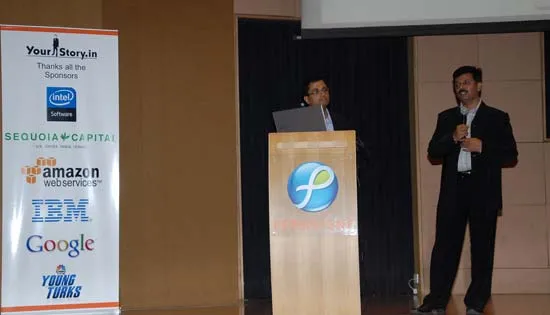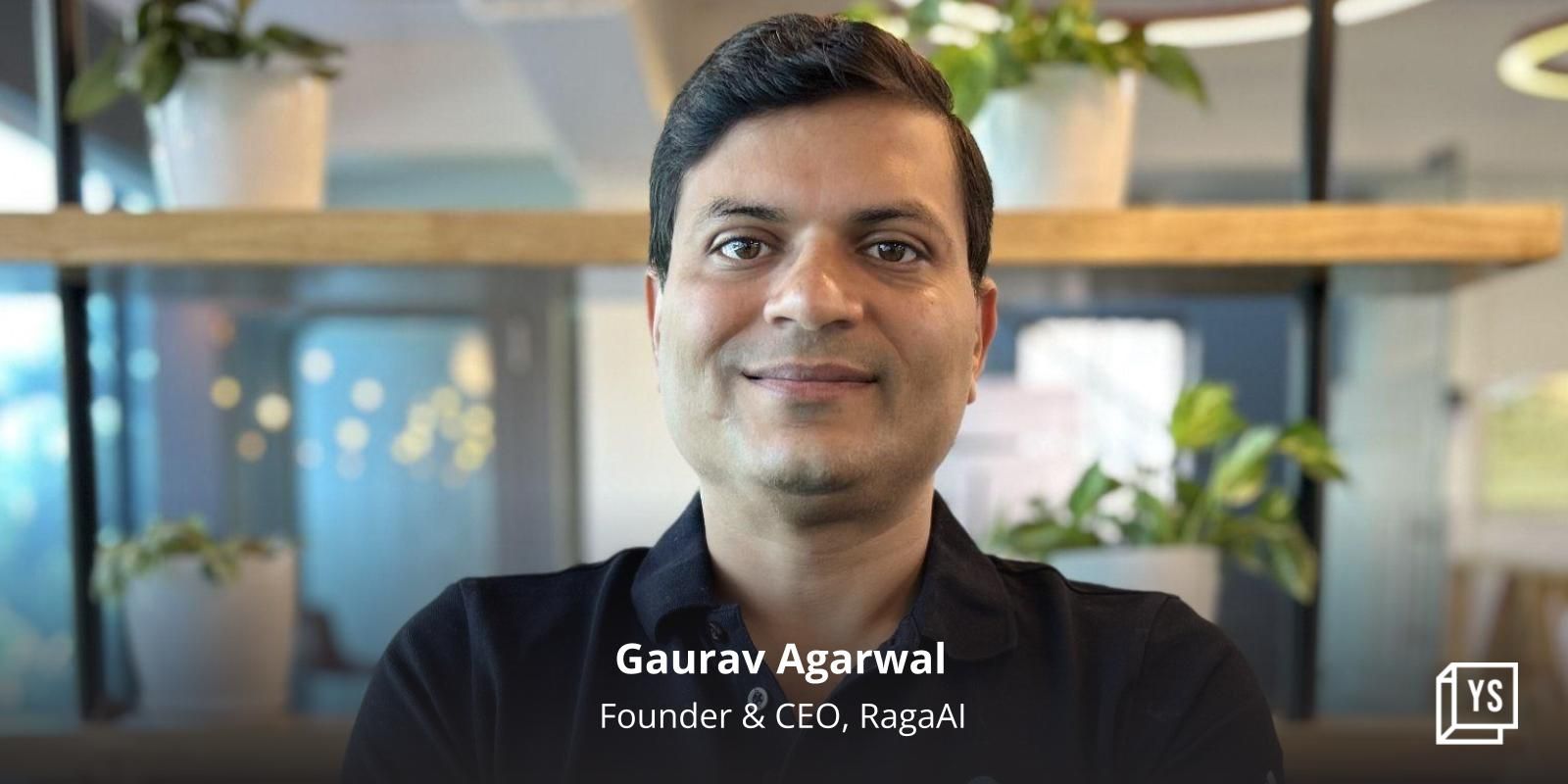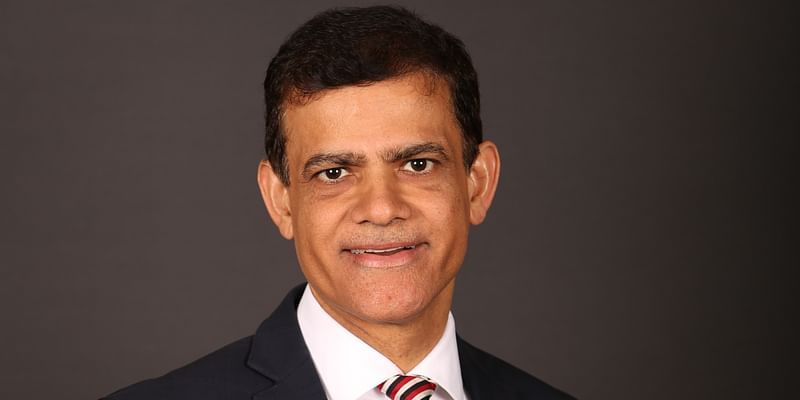What does it take to build a Global Software Product Company? Sanjay & Kailash Katkar, QuickHeal
Tuesday June 14, 2011 , 5 min Read

Sanjay Katkar and Kailash Katkar of QuickHeal were the keynote speakers at TechSparks 2011 Round Table Pune. A very inspiring and humbling account from Sanjay Katkar and Kailash Katkar. A must read story for every Startup and Entrepreneur!
- “We are not seasoned entrepreneurs. We don’t yet feel that we have learnt everything. We are making mistakes everyday. We’ll try our best to tell you what we’ve learnt until now.”
- Kailash Katkar’s entrepreneurial journey started in 5th standard. Over time did various minor things like screen printing, radio repairing, TV repairing. Was earning Rs. 2000 per month doing this, when he was offered a job for Rs. 400 per month – to repair calculators. He took that job because he wanted to learn the new technology. He was the only person in Pune who could repair calculators. Moved on to repairing other machines, including ledger posting machines. When his boss decided to close that business, he decided to take over that business.
- In early 1990s he realized that computers were going to replace calculators and ledger posting machines. Decided that he needed to refocus his business on computers. Based on this, convinced his brother, Sanjay, to go for a degree in computers (BCS).
- While doing computer repairing, he got lots of requests for fixing computers infected by viruses. Got Sanjay to write utilities for this. For example, a utility to kill the Michaleangelo virus. Started selling collection of such utilities to his customers.
- Clubbing together all these utilities into a single product resulted in the birth of QuickHeal anti-virus software.
- Convinced Sanjay to not take a regular job, not go to US, but instead, to join him so that they could do something different together.
- Everybody told them that it was a bad idea to do an anti-virus product business, to go against the MNCs who had products in this space. However, the Katkars never really had that much of focus on the big picture – they only had a passion for helping their existing customers.
- While studying for his MCS, Sanjay Katkar, in his free time, built the first version of QuickHeal, all by himself. He did not start with the intention of building an anti-virus product. He started playing with viruses and anti-virus utilities just out of interest.
- They were late entrants in this business. In addition to the big MNCs who were selling anti-viruses in India, there were 7 or 8 Indian companies doing anti-virus products.

- They earned money from the computer maintenance business and used it to develop the anti-virus product. And the main focus was customer satisfaction. For example, lots of organizations were using Norton Antivirus or McAfee. The software would detect files with virus, and then suggest that the infected files should be deleted. This worked in the US, because there were backups to restore the files from. In India, this never worked, because nobody bothered with backups. Hence, QuickHeal were able to actually win customers by offering versions of anti-virus which would clean existing files.
- When the software was ready for the market, they found it very difficult to sell it. Because “buying” software was a new concept for Indians. Also, their sales partners were very comfortable selling hardware, but not with selling software. Lots and lots of effort went into educating not just customers, but also sales partners that buying anti-virus software was worth the money.
- The Katkars were techies, not sales or business people. But their sales partners gave up on selling software, saying it couldn’t be done. So they had to do it themselves. Learn the hard way.
- Other examples of how QuickHeal’s superior understanding of local customers helped them beat the MNCs: most Indian companies had much lower internet speeds compared to the assumptions that software from US companies made. Hence, QuickHeal, which was customized to the speeds here, was able to give a better customer experience.
- Find good people who are committed to giving a good customer experience. Then give them a good package. And then educate them about the business. Give good after sales support (that’s how you beat the MNCs).
- When expanding beyond Pune, they decided not to go to big cities. It is very expensive to develop the market, and you’ll probably not be in a position to make a splash. Better go to small towns where you’ll be noticed more easily. So they went to Baroda first, and then Surat, and other such places before finally going to Ahmedabad – where it was easier for them to get channel partners because they had already been noticed in the other, smaller cities in Gujarat. Today Ahmedabad is of course a bigger market than the other cities, but they couldn’t have tackled Ahmedabad without having taken the smaller cities.
- If you are going to start a tech startup, you must have two strong pillars in your company – a very strong technology/engineering team, and a very strong marketing/business team. The other departments (finance, HR, etc) are support. But don’t start a company without having these two departments. If you’re a typical Pune entrepreneur, you’re probably a techie. Go find co-founders from the marketing/business side so that side is also strong.
QuickHeal is one of biggest India success stories, when it comes to software products. We at YourStory.in hope to see many such success stories coming out of India in the next few years. TechSparks 2011 is an attempt to enable the same!
To register for TechSparks, click here. To attend the next Round Tables, click here.
Updated by TechSparks Pune Outreach Partner, Navin Kabra, Pune Tech










